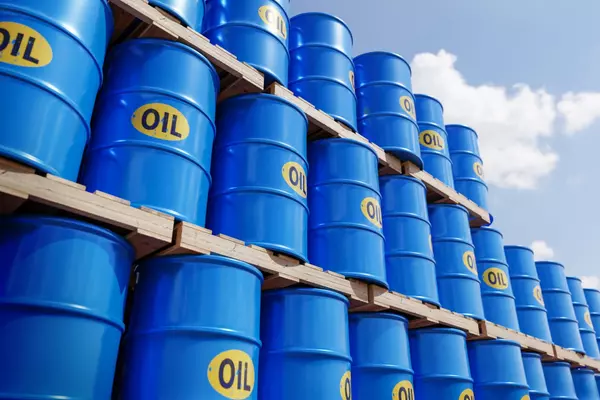The International Energy Agency has said that Fossil fuels could soon become significantly cheaper and more abundant as governments accelerate the transition to clean energy towards the end of the decade.
The world’s energy watchdog has signalled what many have described as a new energy era in which countries have access to more oil, gas and coal than needed to fuel their economic growth, leading to lower prices for households and businesses.
The Paris-based agency’s influential annual outlook report found that energy consumers could expect some “breathing space” from recent spikes in global oil and gas prices triggered by geopolitical upheavals because investment in new fossil fuel projects has outpaced the world’s demand.
Fatih Birol, the executive director of the IEA, said the report confirms its prediction that the world’s fossil fuel consumption will peak before 2030 and fall into permanent decline as climate policies take effect. But continuing investment in fossil fuel projects will spell falling market prices for oil and gas, the IEA added.
“I can’t say whether or not we will see [oil prices of] $100 a barrel again, but what I can say is that despite the ongoing conflict in the Middle East we are still seeing oil prices in the $70s,” he said.
Read also: Medical schools in Europe to give more training on diseases linked to climate crisis
Oil prices dipped below $74 on Tuesday amid growing concern about weak Chinese demand.
The IEA acknowledged that the potential for near-term disruption to oil and gas supply remains, due to conflict in the Middle East, which risks disrupting exports of crude and gas from the region. But its long-term view shows an “easing in underlying market balances” and “lower prices on the horizon”, it said.
By the end of the decade, global oil prices could plateau at $75 to $80 a barrel, according to the IEA’s central forecast, compared with an average price of just over $100 a barrel in 2022 following Russia’s invasion of Ukraine.
The price of gas imported into the EU is also expected to plunge from a record average high of over $70 (£54) per million British thermal units (MBtu) in 2022 to $6.50 (£5) by the end of the decade, following a boom in planned gas projects in recent years, according to the IEA.
Investment in exporting liquefied natural gas (LNG) via ships boomed in the wake of Russia’s invasion of Ukraine, which drastically cut pipeline imports of Russian gas into Europe. The IEA estimates that the world’s LNG capacity will grow by almost 50% by 2030, greater than the world’s forecast demand in all three of the agency’s modelled scenarios.
Story was adapted from the Guardian.
